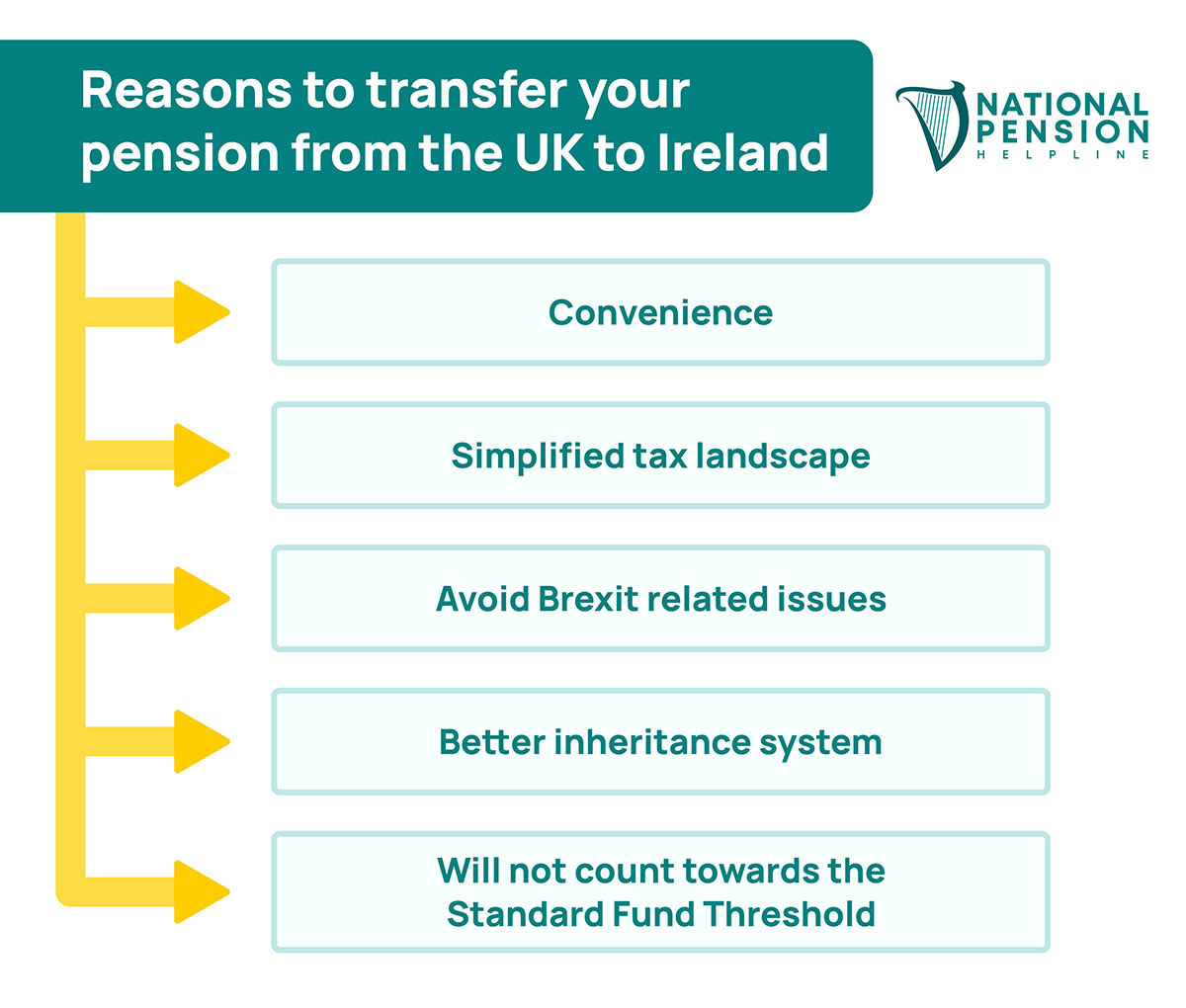Seamless Transitions: Essential Tips for Moving Your UK Pension to India
Moving halfway across the world is an exciting adventure, and if you're considering relocating from the UK to India, one of the key aspects to plan for is your pension. Navigating the process of transferring your UK pension to India can seem daunting, but with the right information and guidance, it can be a seamless transition. Understanding the various options available and how to effectively manage your finances will help you enjoy your retirement in India with peace of mind.
In this article, we will explore essential tips for transferring your UK pension to India. From understanding tax implications to choosing the right financial institution for the transfer, we aim to equip you with the knowledge you need to make informed decisions. Whether you're looking to access your pension funds while living in India or considering a full transfer, these insights will help simplify the process and ensure a smooth relocation of your financial assets.
Understanding UK Pension Schemes
UK pension schemes are designed to provide financial security to individuals during their retirement years. There are primarily two types of pensions: defined benefit schemes, which provide a predetermined payout based on salary and years of service, and defined contribution schemes, where the retirement income depends on the amount contributed and investment performance. Understanding the type of scheme you have is crucial when considering transferring your pension to India.

Another key aspect of UK pension schemes is the complexity involved in their management and regulation. The UK government has established specific laws and regulations governing pensions to protect consumers. This includes the requirement for pension schemes to be registered with the Pension Regulator. For those planning to move their pension abroad, understanding the rules and how they apply to your specific situation is important to ensure compliance and avoid penalties.
Finally, the transfer process itself can vary significantly depending on the provider and the type of scheme. Many pension providers have specific policies in place regarding transfers, and some may even charge fees. It’s advisable to consult with a qualified financial advisor who understands both UK and Indian pension regulations to navigate the transfer process efficiently. This will help ensure that your pension benefits are maximized and that the transition to India is as seamless as possible.
Steps to Transfer Your Pension to India
The first step in transferring your UK pension to India is to gather all necessary documentation. This includes your pension statements, identification documents, and any relevant financial records. It is essential to thoroughly understand the type of pension scheme you have, whether it is a defined benefit scheme or a defined contribution scheme. Knowing the specific details will help you determine the best approach for your transfer.
Next, you should consult with a financial advisor who specializes in international pension transfers. They can provide insights into the implications of moving your pension, including tax considerations and the potential impact on your retirement income. uk pension transfer to india can also guide you on the processes involved, such as completing the required paperwork and staying compliant with both UK and Indian regulations.
Once you have received professional guidance, the next step is to initiate the transfer process with your pension provider. This often involves submitting a transfer request and may require you to fill out specific forms. Be prepared for potential delays during this stage, as pension providers may need time to process your request and communicate with Indian financial institutions. Regular follow-ups will ensure that everything is on track for a smooth transition of your funds to India.
Tax Implications and Benefits
When considering a UK pension transfer to India, one of the foremost concerns is understanding the tax implications associated with the process. The UK government allows individuals to transfer their pension to another country without incurring immediate tax liabilities. However, once the funds arrive in India, they may be subject to local tax regulations. It's essential to consult a tax professional who can provide guidance specific to both jurisdictions, ensuring compliance and optimizing your tax obligations.
Another important factor is the Double Taxation Avoidance Agreement, or DTAA, between the UK and India. This treaty is designed to prevent individuals from being taxed on the same income in both countries. Under this agreement, certain tax benefits may apply when transferring your pension, which can alleviate some tax burdens. It's crucial to understand how this agreement operates and whether you qualify for any exemptions or reduced tax rates after your pension transfer.
Lastly, there are potential benefits to consider when transferring your UK pension to India. Upon transfer, the funds can be converted into Indian Rupees, providing the opportunity to invest in the local market, which may offer competitive returns. Moreover, the Indian tax system may present opportunities for tax-efficient withdrawals depending on your personal financial situation. Evaluating these benefits with the help of a financial advisor can provide a clearer picture of how the transfer aligns with your long-term financial goals.